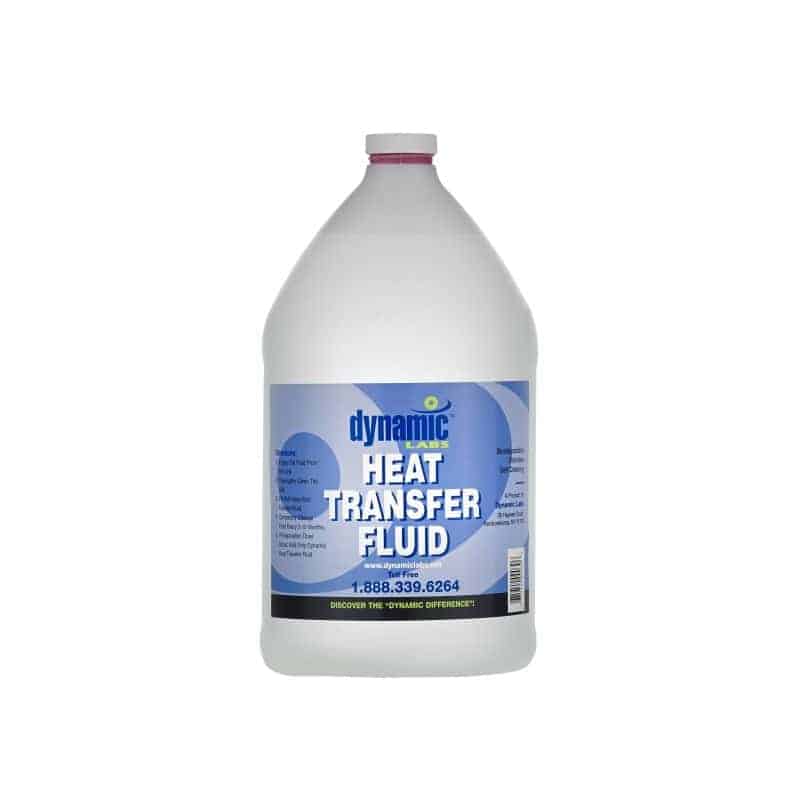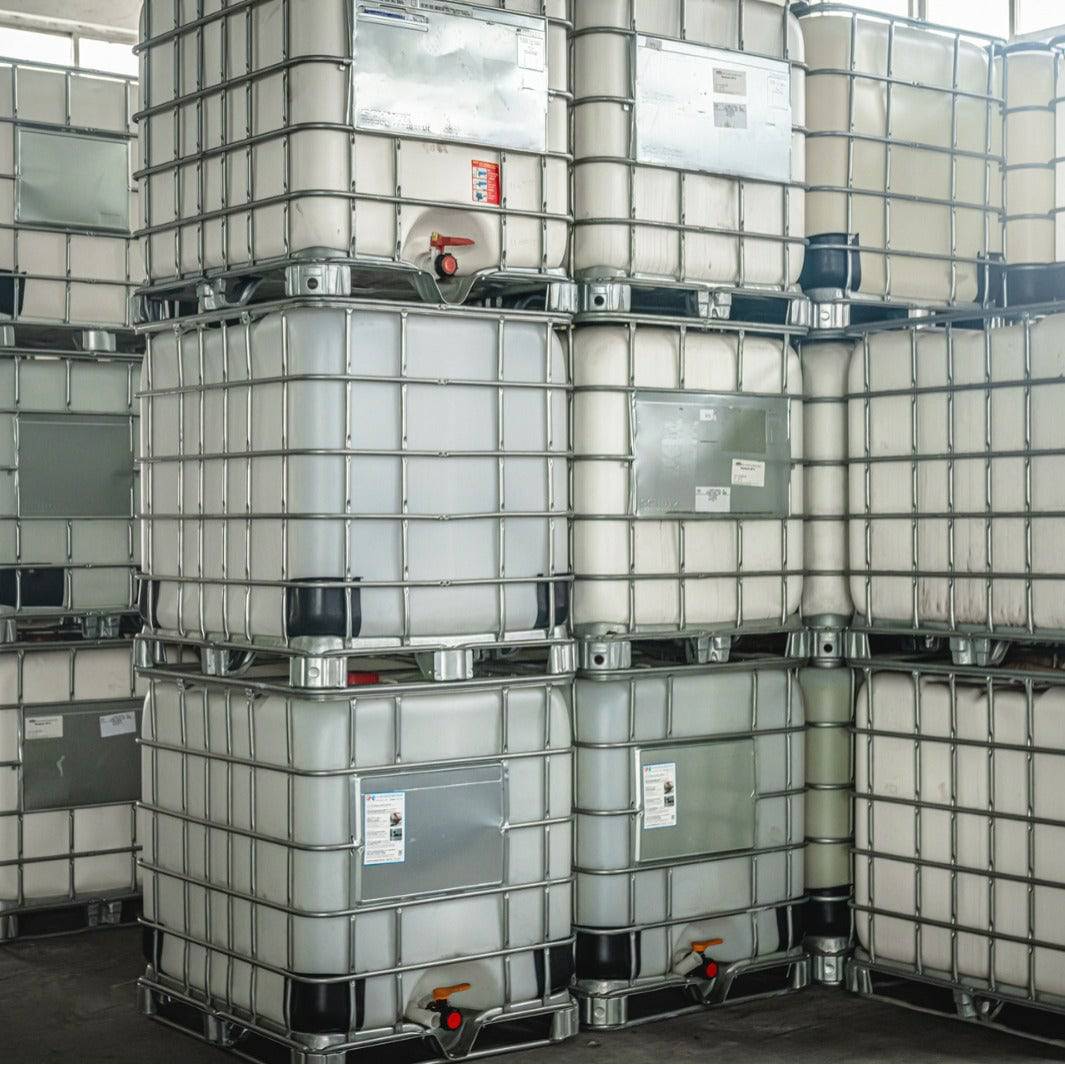Why Normal Maintenance of Heat Transfer Fluid is Vital for System Longevity
Why Normal Maintenance of Heat Transfer Fluid is Vital for System Longevity
Blog Article
How Heat Transfer Fluid Contributes to Sustainable and Cost-efficient Procedures
In the contemporary industrial landscape, the function of warmth transfer fluids (HTFs) in promoting sustainable and cost-efficient procedures can not be overstated. These fluids are crucial in enhancing thermal management systems, therefore substantially enhancing energy efficiency and decreasing functional prices. The ecological advantages of innovative HTFs, with their high thermal security and low poisoning, are indisputable. They not just extend system longevity however likewise add to the decrease of hazardous exhausts. Yet, real capacity of HTFs is recognized with the careful selection procedure, guaranteeing compatibility and security. What aspects should direct this essential option?
Comprehending Heat Transfer Liquids
In the realm of thermal administration, heat transfer liquids (HTFs) act as vital representatives for transferring thermal power from one area to one more. These liquids play a crucial duty in various industrial applications, consisting of chemical handling, power generation, and HVAC systems. HTFs are especially engineered to run within a large variety of temperature levels, successfully promoting the transfer of heat while preserving a secure thermal account. Their ability to function under extreme conditions-- whether high temperature levels or cryogenic levels-- makes them crucial in atmospheres requiring specific thermal control.
The structure of warmth transfer liquids can differ dramatically, including alternatives such as mineral oils, synthetic oils, glycols, and molten salts. Each type uses unique advantages, such as boosted thermal security, reduced viscosity, and high boiling factors, which are picked based on details operational demands. The selection of HTF influences not only the effectiveness of warm transfer but likewise the longevity and security of the system in which it is utilized.
As industries continue to innovate, the advancement of innovative HTFs, defined by their enhanced thermal conductivity and minimized environmental effect, is vital for fulfilling the needs of modern-day thermal monitoring difficulties.

Enhancing Energy Efficiency

Improving power effectiveness has actually come to be a vital worry across numerous markets, prompting a more detailed evaluation of heat transfer liquids' duty in enhancing thermal administration systems. These liquids are essential to maintaining the preferred temperature level in procedures, consequently decreasing energy waste and boosting overall system efficiency. By choosing a proper warmth transfer fluid, markets can substantially enhance their power efficiency, bring about reduced power intake.
Advanced formulas of warmth transfer fluids have been created to hold up against severe temperatures while preserving security and efficiency. These advancements expand the operational lifespan of the fluid, lowering the regularity of substitutes and energy-intensive maintenance tasks. Additionally, using artificial or bio-based fluids offers extra benefits in regards to decreased environmental effect, straightening with worldwide sustainability goals. Consequently, enhancing power performance through ideal heat transfer liquid choice is not only a technological need but additionally an ecological necessary.
Lowering Operational Costs
Functional expenses are a substantial consideration for industries looking for to keep affordable benefit, and the selection of warmth transfer liquid plays a crucial function in price administration. Picking a suitable warmth transfer fluid can cause substantial price savings by boosting system efficiency and decreasing power consumption. High-performance liquids minimize thermal degradation, which consequently decreases the frequency of liquid replacement and downtime related to upkeep, thus lowering operational expenses.
In addition, warm transfer liquids with superior thermal stability and rust resistance extend the lifespan of tools. This minimizes the demand for frequent repair services and replacements, which can be costly and disruptive to procedures. By buying high-grade fluids, industries can achieve long-term reductions in upkeep expenses and boost the integrity of their systems.
Furthermore, progressed heat transfer fluids usually exhibit lower viscosity at running temperatures, which improves pump performance and decreases energy usage in liquid flow. This optimization of power intake straight translates into lowered functional costs. Many contemporary warmth transfer liquids are engineered to run efficiently over a wide temperature level range, reducing the need for several liquid types, consequently enhancing stock requirements and decreasing linked costs. These aspects collectively add to even click to read more sustainable and cost-efficient procedures.
Ecological Effect Decrease
The press towards minimizing environmental effect has obtained energy in sectors leveraging warm transfer liquids. Business are increasingly acknowledging the value of lessening environmental footprints by adopting sustainable practices. Warmth transfer fluids (HTFs) play a vital duty in this shift, offering possibilities to enhance energy effectiveness and decrease emissions. By choosing HTFs with high thermal stability and low poisoning, markets can guarantee very little leakage and deterioration, therefore reducing unsafe environmental releases.
Moreover, using advanced warmth transfer fluids contributes to improved system effectiveness, lowering the total energy consumption. This reduction not only results in price savings yet additionally lowers co2 discharges, assisting in the battle versus climate change. Liquids that are biodegradable and recyclable further improve sustainability efforts, as they decrease waste and promote circular economic climate practices.
In addition, including HTFs into closed-loop systems stops fluid browse around this site loss and contamination of the surrounding environment. This technique guarantees that fluids are reused, lowering the need for brand-new resources and restricting waste generation. By accepting these eco aware strategies, sectors can significantly reduce their ecological influence while keeping high functional performance, aligning with global sustainability objectives and governing requirements.
Choosing the Right HTF
Picking the proper warmth transfer fluid (HTF) is a vital step in progressing ecological sustainability within commercial processes - heat transfer fluid. A suitable HTF must have a high thermal capacity, reduced thickness, and high thermal conductivity to ensure efficient warmth transfer.
This makes certain long life and reduces upkeep prices. The fluid needs to be safe and eco-friendly, decreasing its eco-friendly footprint and ensuring compliance with ecological policies.
Verdict

Report this page